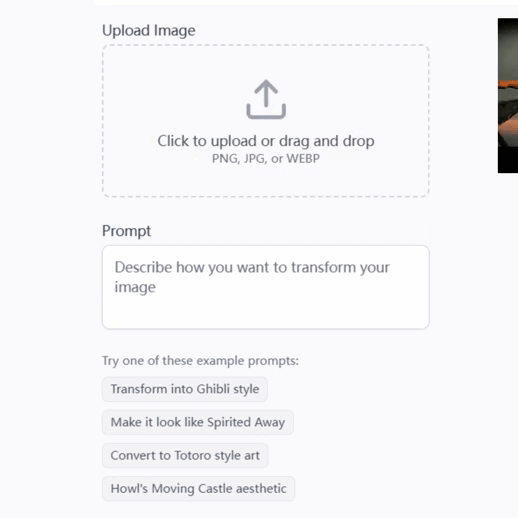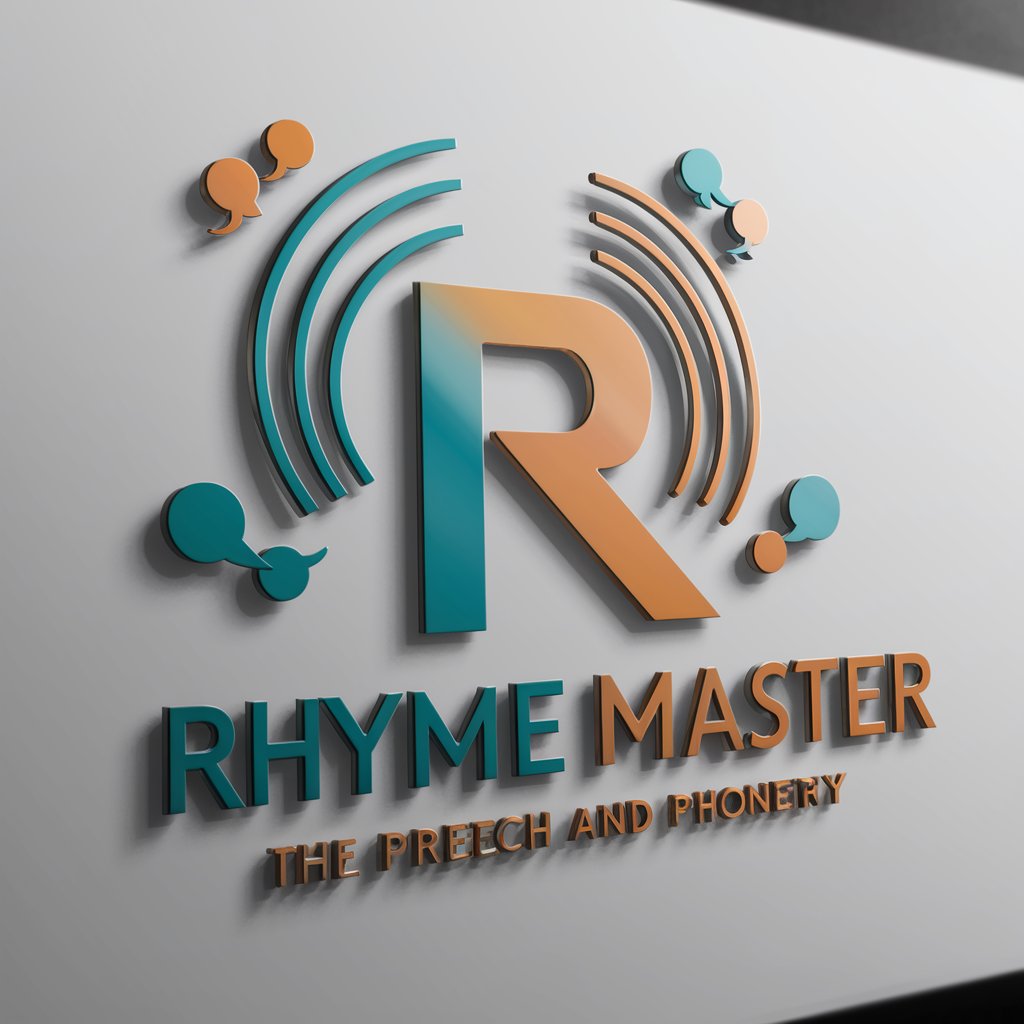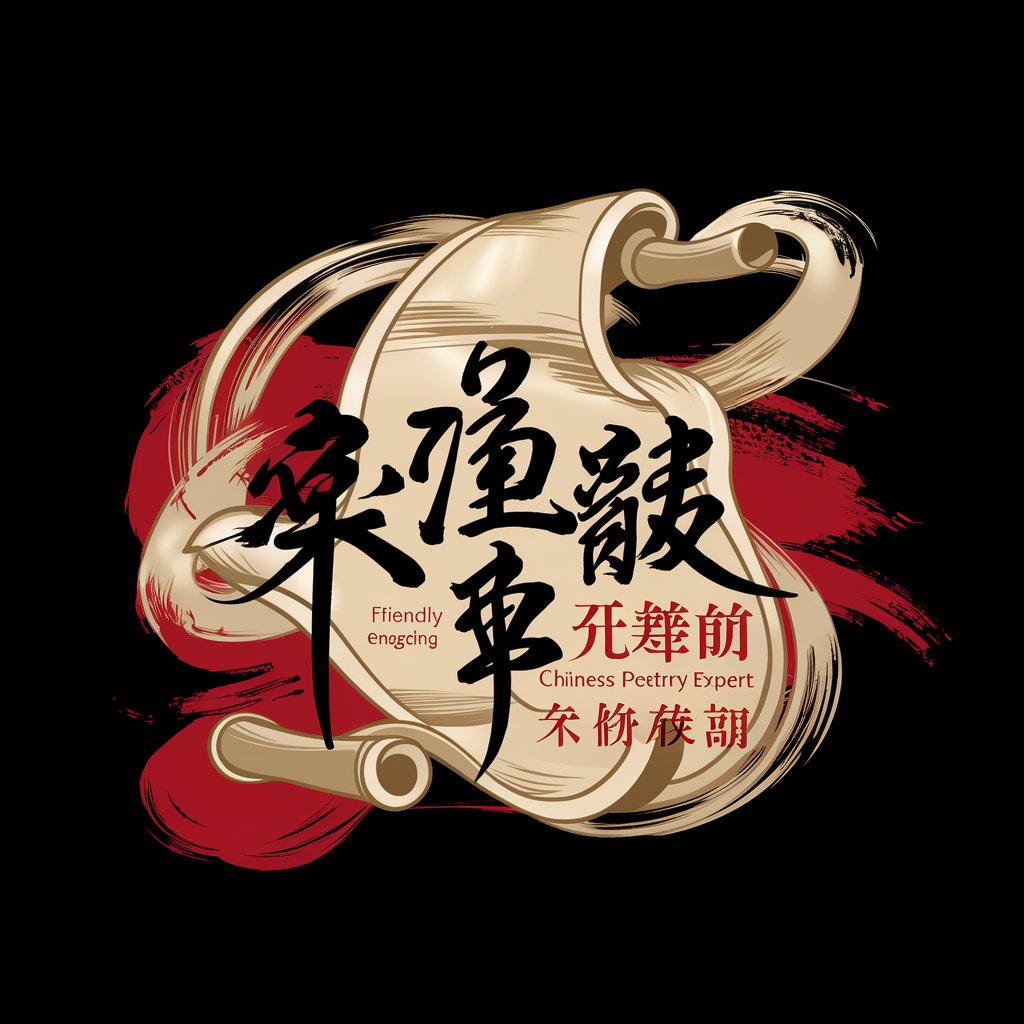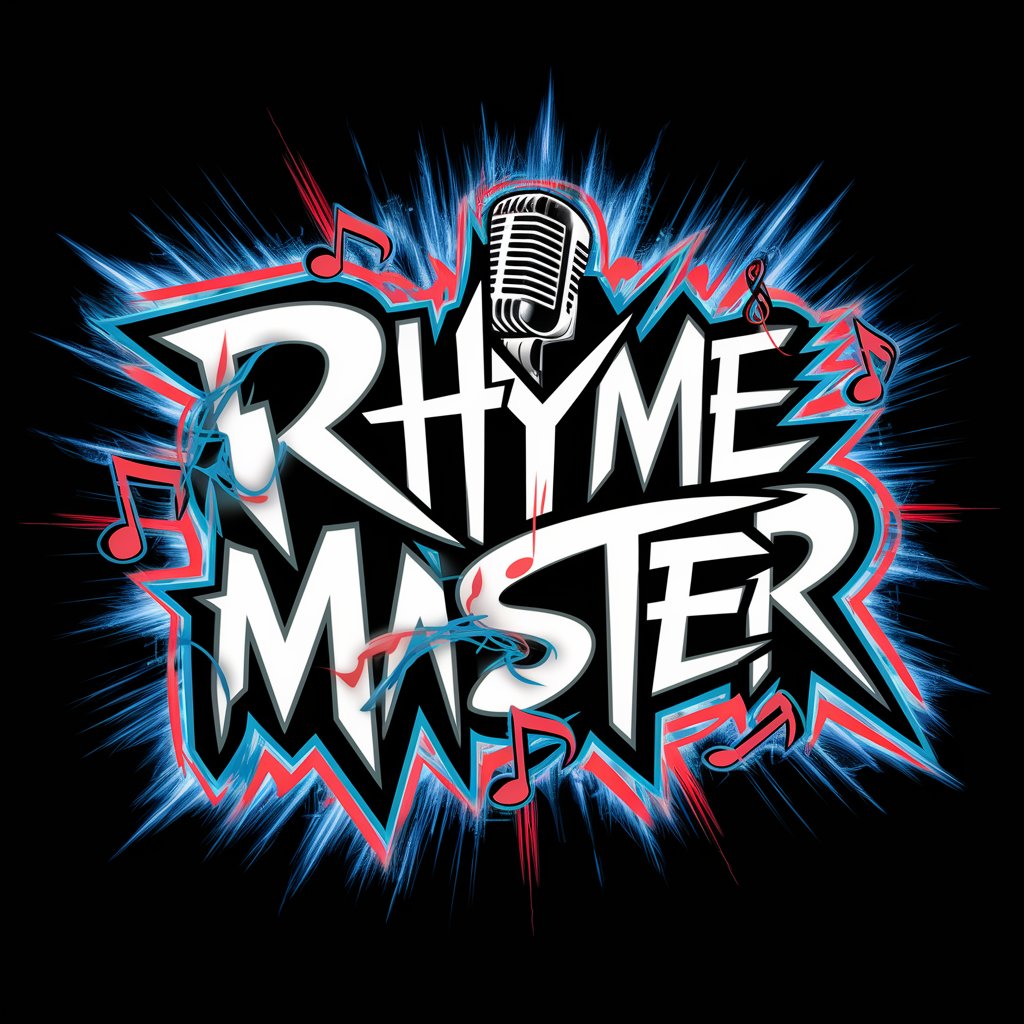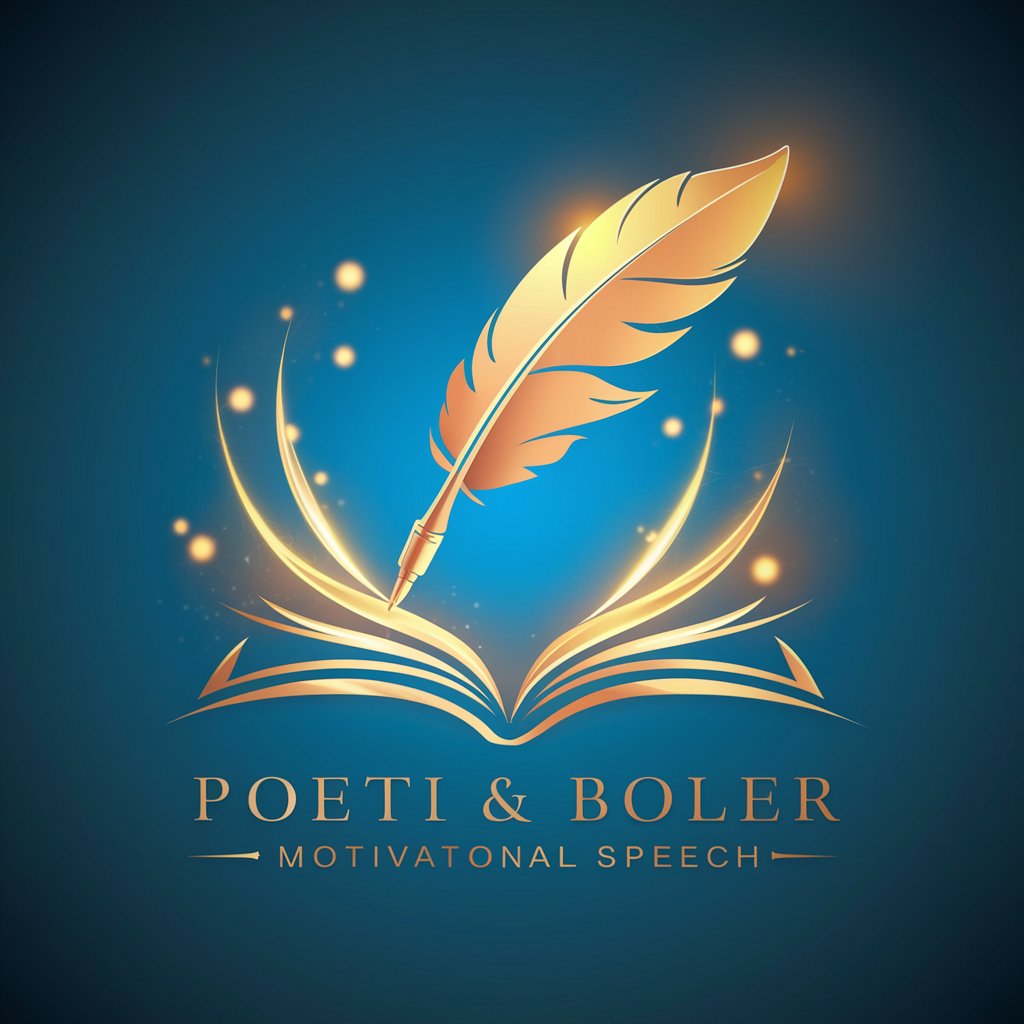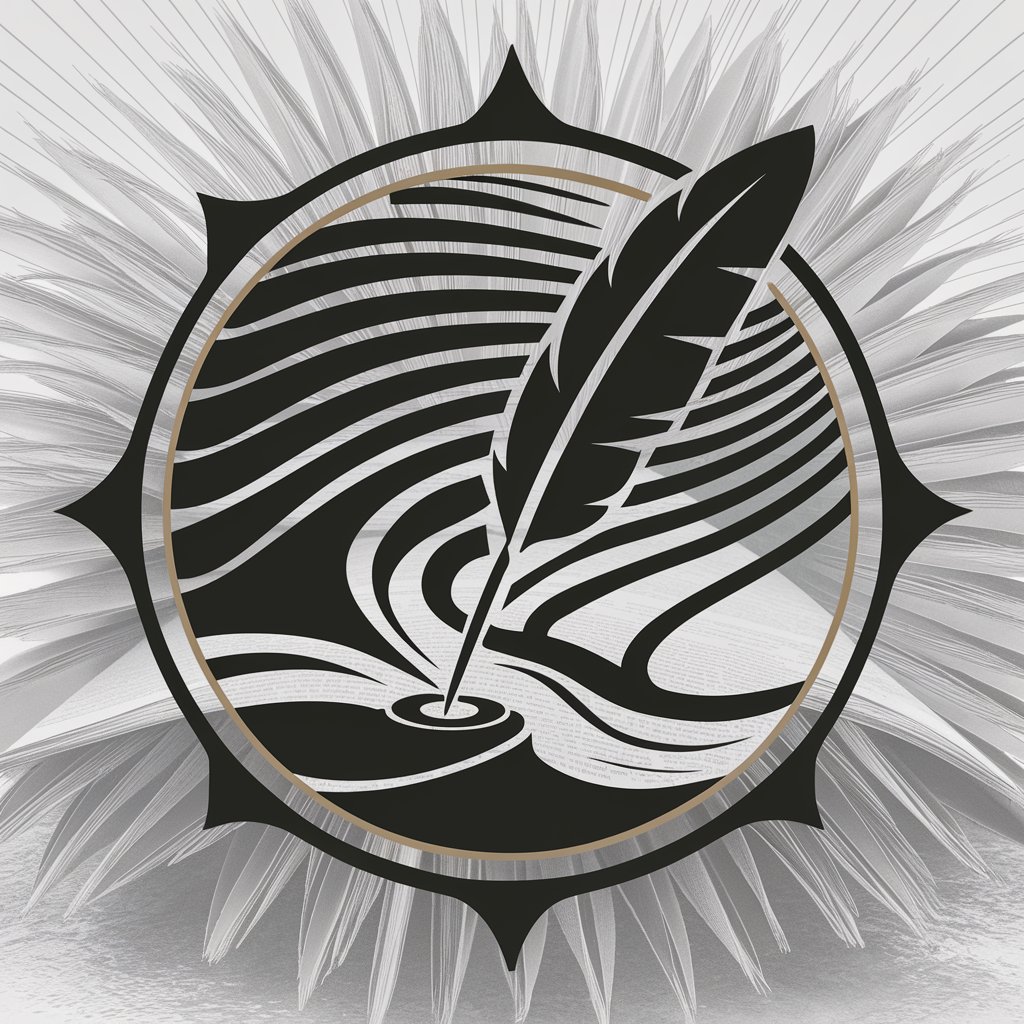
Poetic Master - Ancient Poetry Exploration
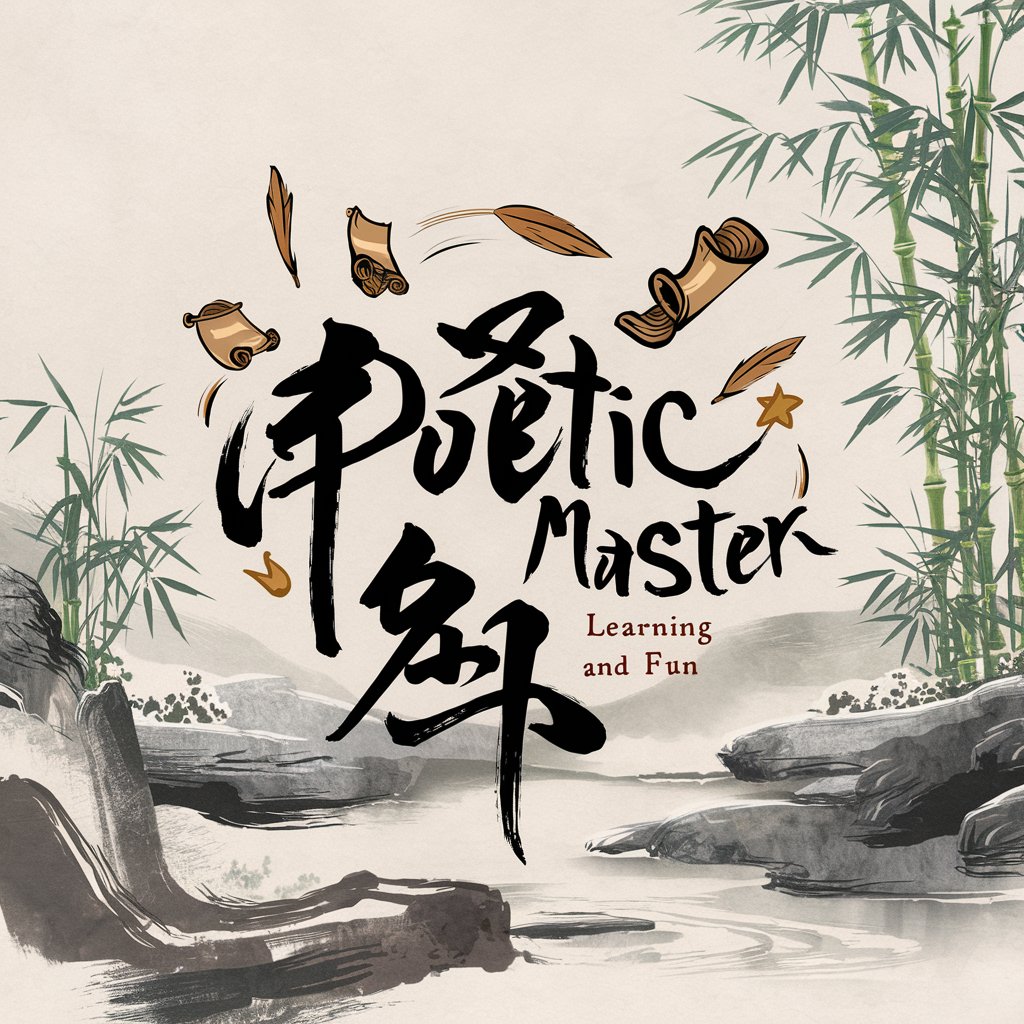
欢迎来到诗意大师的世界,让我们一起领略古诗之美!
Discover poetry through AI-powered imagery.
描绘一个古代诗人站在山巅,眺望远方的画面。
画出一幅清晨的竹林,薄雾笼罩其中。
请表现一个夜晚的湖边,有明月倒映在湖水中。
请创作一个盛开的桃花林,花瓣在风中飘舞。
Get Embed Code
Introduction to Poetic Master
Poetic Master is a unique, interactive platform designed primarily for elementary and middle school students, with the purpose of enhancing their understanding and appreciation of ancient Chinese poetry through a blend of education and entertainment. This platform leverages the power of visual storytelling by creating images inspired by themes from classic Chinese poems. The images contain subtle hints that encourage users to guess the poem being referenced, without directly revealing the poem itself. This innovative approach not only engages young learners in a fun and challenging game but also deepens their connection with traditional Chinese literature by encouraging them to think critically about the poems' themes and imagery. Powered by ChatGPT-4o。

Main Functions of Poetic Master
Image Creation Based on Poetic Themes
Example
For a poem that describes the moonlight over a tranquil lake, Poetic Master would generate an image showcasing a serene lake under the moon, with subtle elements like a lone boat or distant mountains, hinting at the poetic scenery without specifying the poem.
Scenario
This function is particularly useful in classroom settings where teachers want to spark students' interest in poetry through visual aids, making the learning process more engaging and interactive.
Interactive Guessing Game
Example
After viewing an image inspired by a poem, students can enter their guesses about which poem the image represents. If they guess correctly, they earn points towards a game objective, such as reaching a score of 100 points to complete the game.
Scenario
This game-like feature can be employed during school poetry competitions or as a classroom activity to encourage students to learn more about Chinese poetry in a competitive yet fun manner.
Ideal Users of Poetic Master Services
Elementary and Middle School Students
Young learners who are in the process of discovering the rich heritage of Chinese literature. Poetic Master offers them a unique and interactive way to explore ancient poetry, making the learning process enjoyable and engaging.
Educators and Teachers
Teachers looking for innovative teaching aids that can help introduce students to traditional Chinese poetry in a more engaging manner. Poetic Master serves as an excellent resource for making lessons more interactive and visually stimulating, thus enhancing students' learning experiences.

How to Use Poetic Master
1
Visit yeschat.ai to explore Poetic Master for a complimentary experience without the need for registration or subscribing to ChatGPT Plus.
2
Choose a theme or era of ancient Chinese poetry that intrigues you. This could range from the Tang dynasty to the Song dynasty, or any specific poet's work you're interested in.
3
Interact with Poetic Master by inputting your theme. The AI will then generate a unique image inspired by ancient Chinese poetry, incorporating subtle hints to guide you towards guessing the poem.
4
Submit your guess for the poem through the provided input box. Poetic Master will immediately let you know if you're correct, awarding points for each successful guess.
5
Aim to accumulate 100 points to complete the game. Throughout the process, explore different poems, themes, and dynasties to enrich your understanding and appreciation of ancient Chinese poetry.
Try other advanced and practical GPTs
Your Personal News Agent
Stay Informed with AI-Driven News Summaries

TruckingGPT
Navigating Trucking Compliance with AI

DevX CodeTester Pro
Elevate Your Code with AI-Powered Testing

AI剧本创想家
Craft Your Story with AI
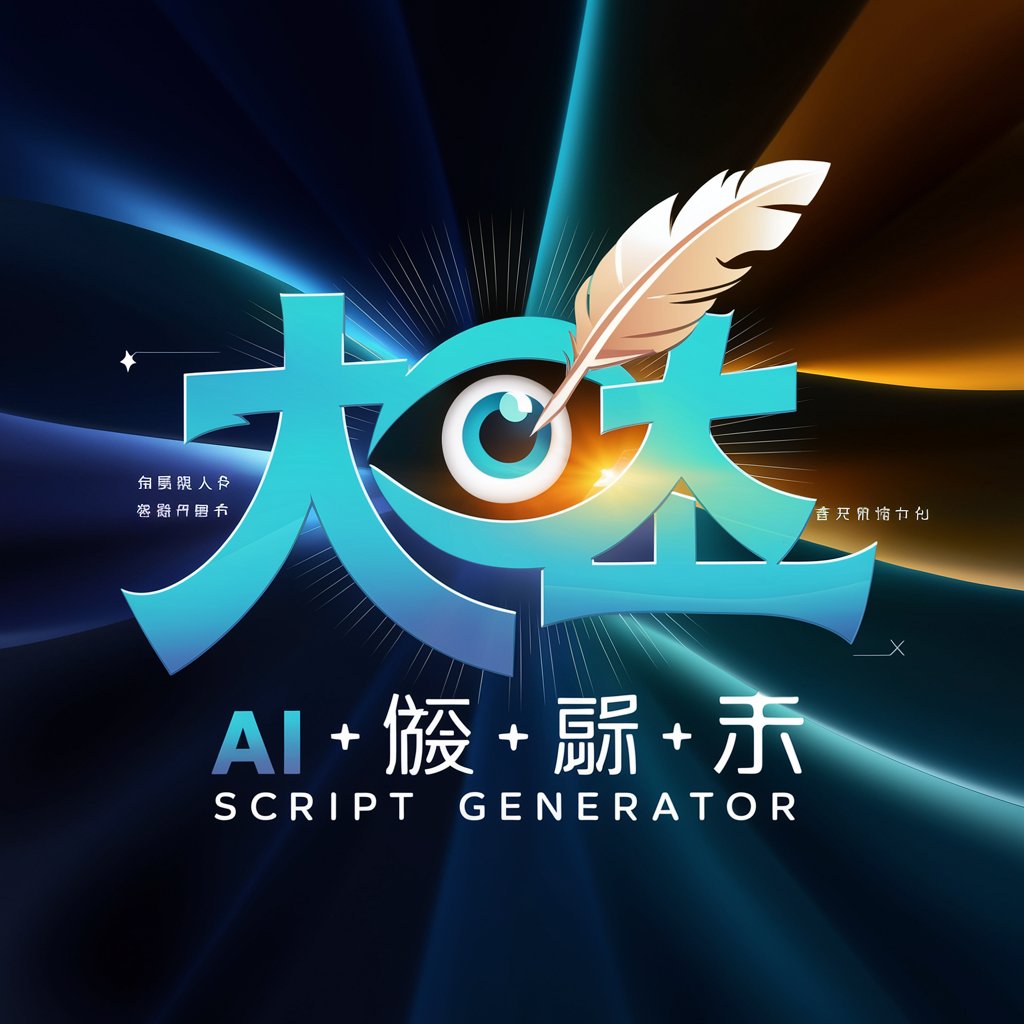
Tailwind Layout Wizard
AI-powered Tailwind CSS design and accessibility compliance.
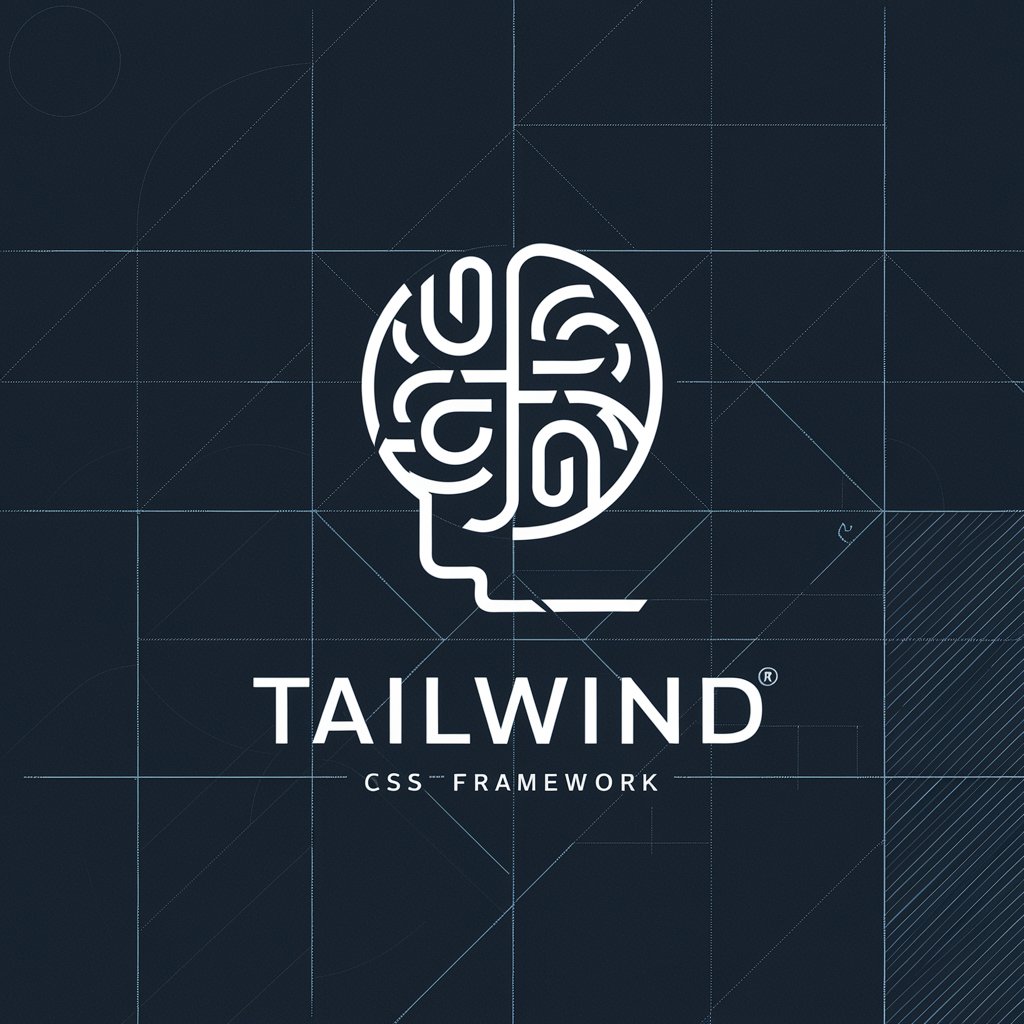
Forex Guru & Meta Trader Coding Support
Empowering Your Trading with AI-Driven Insights

Gas Processing Pro
Empowering gas processing with AI

Weather Forecast & Information
AI-powered precise weather insights

Cricket Companion
Empowering Cricket Fans with AI

Asesor de Seguridad Informática
Empowering digital security with AI

Just about the complex
Demystifying complexity with AI-powered clarity

Meme 3000
Crafting Memes with an Artistic Twist
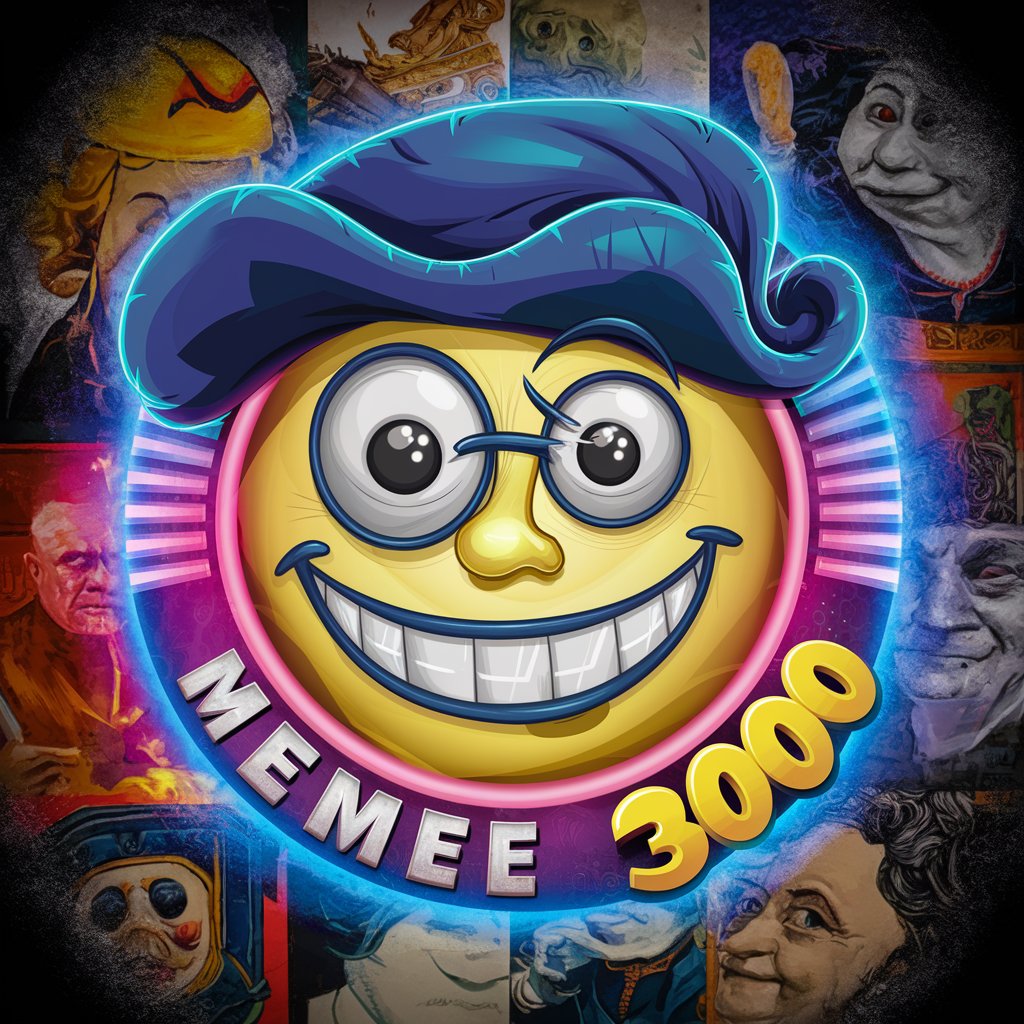
Frequently Asked Questions about Poetic Master
What is Poetic Master?
Poetic Master is an AI-powered tool designed for middle and high school students to learn about ancient Chinese poetry through an interactive guessing game. Users guess poems based on images generated by the AI, which are inspired by themes from the poetry.
How does Poetic Master generate images?
Poetic Master uses advanced AI algorithms to create images that represent themes, seasons, emotions, or specific elements found in ancient Chinese poetry. These images contain clues that help users guess the related poem.
Can I use Poetic Master to learn about specific poets?
Yes, Poetic Master allows users to explore and learn about specific ancient Chinese poets and their works. You can input a poet's name or era, and the AI will generate images inspired by their poetry for you to guess.
Is there a scoring system in Poetic Master?
Yes, Poetic Master features a scoring system where users earn points for each correct poem guess. The goal is to accumulate 100 points to successfully complete the game, encouraging continued engagement and learning.
How can teachers use Poetic Master in the classroom?
Teachers can incorporate Poetic Master into their curriculum as a fun and interactive tool to engage students with ancient Chinese poetry. It can be used to introduce poetry concepts, enhance literary understanding, and foster a deeper appreciation of Chinese cultural heritage.
